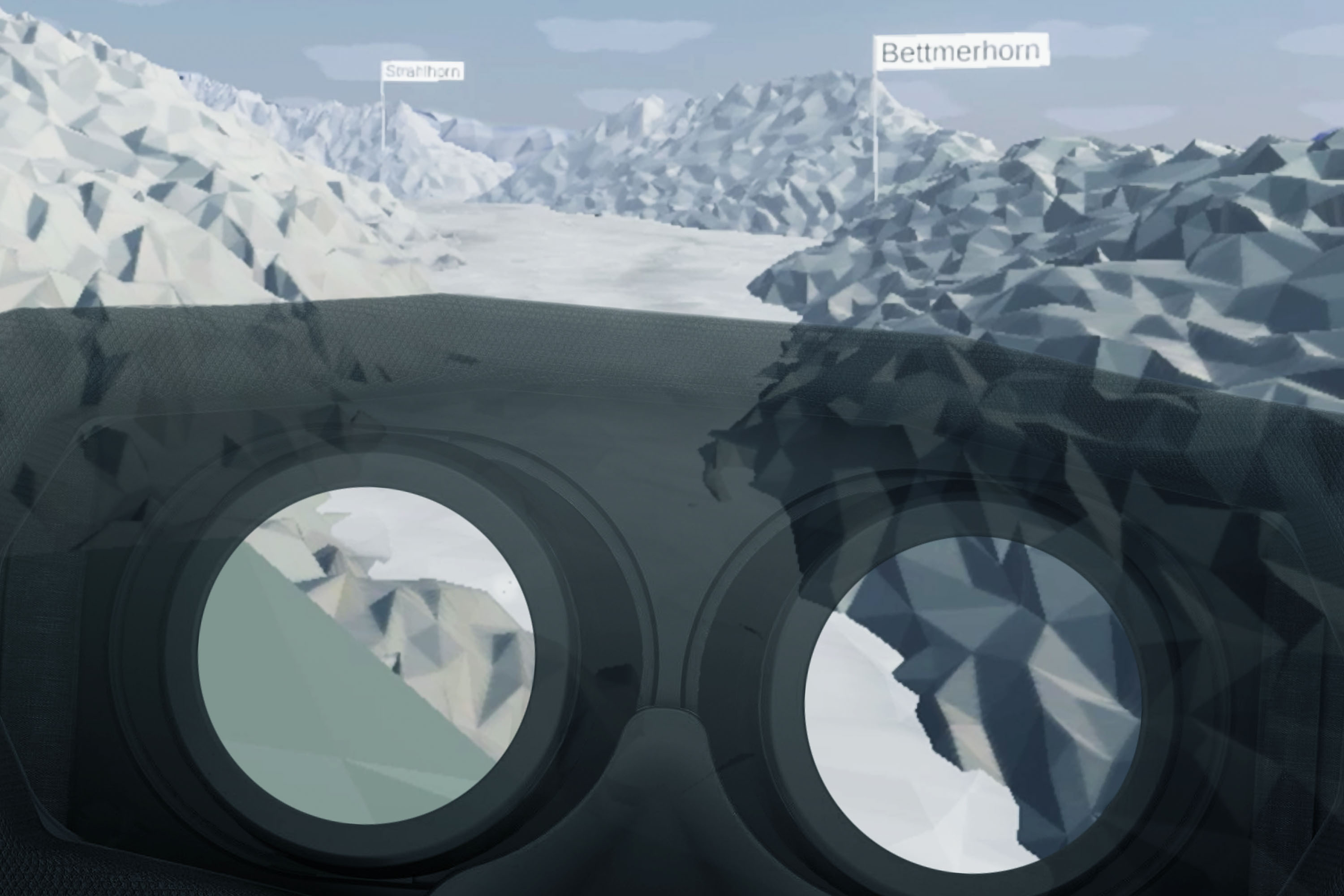A
Tamara Aepli
offscreen
2020
MA Design
Ivan Al-Azam
Touqan
2020
MA Design
Maria Altwegg
Eines, Vieles, Neu Entdecktes
2020
MA Art Education
Tabea Andres
46°56'55.0"N 7°27'46.9"E
2020
BA Visuelle Kommunikation
Alexandra Annoni
Atelier Stefanie
2020
BA Visuelle Kommunikation
B
Noëlle Asmara Bigler
11:11
2020
BA Vermittlung in Kunst und Design
Jasmin Bigler
Formfleisch
2020
MA Art Education
Alexa Blum
Burn out – Cool down
2020
MA Design
C
Lilian Capaul
AaaBbc Ddeeeeee ghhiiilnoorrrrrssttv
2020
BA Vermittlung in Kunst und Design
Jonas Christen
Reduced Reality
2020
MA Design
Julian Coester
Spatenstich
2020
BA Visuelle Kommunikation
D
Fanny Delarze
How to work as a professional artistic mediator?
2020
MA Art Education
E
Angela Ehrsam
Too Little, Too Much
2020
BA Visuelle Kommunikation
Elin Elmiger
Ich erklär euch jetzt mal die Welt
2020
BA Vermittlung in Kunst und Design
F
Emma Louise Fankhauser
Angst
2020
BA Vermittlung in Kunst und Design
Nadine Fankhauser
On your own terms
2020
BA Visuelle Kommunikation
Momo Frei
Viren, Bakterien und der Mensch
2020
BA Visuelle Kommunikation
Max Frischknecht
Predicting voters
2020
MA Design
G
Mišel Gavran
Four On The Floor
2020
BA Visuelle Kommunikation
Julia Geiser
MONSTERS AND OTHERS
2020
MA Design
Eliane Gerber
Communication Design in Countering and Resisting Violence
2020
MA Design
Pascal Graf
Auf der Durchreise
2020
MA Art Education
H
Laurène Hayoz
Pulsations
2020
BA Vermittlung in Kunst und Design
Kiryl Hramadka
L’impeccabile erede
2020
Schweizerischer Maturaarbeitspreis
Sofie Hänni
Membrane
2020
MA Art Education
I
Thushany Iyampillai
Woher kommst Du wirklich? Die Frage nach der Herkunft
2020
MA Art Education
K
Livia Kauer
Fear of taking part
2020
BA Visuelle Kommunikation
Muriel Kilchenmann
Leere im Bild
2020
BA Vermittlung in Kunst und Design
Lara Kothe
Anprangern, Abwandeln, Abschaffen
2020
MA Design
Celine Künzle
Lockdown
2020
BA Visuelle Kommunikation
L
Milena Joy Eliane Lahoda
An der Nabelschnur des Computers
2020
BA Vermittlung in Kunst und Design
Dominik Lang
liaison
2020
BA Visuelle Kommunikation
Tina Leuenberger
Reminder
2020
BA Visuelle Kommunikation
Alice Lobsiger
Der Mensch ist das hässlichste Tier von allen
2020
BA Visuelle Kommunikation
M
Maria Mahdessian
Visual Techniques for Counter–Jihadi Narratives
2020
MA Design
Naomi Mathys
Indikator
2020
BA Visuelle Kommunikation
Stephanie Mattmann
Sprechen über Malerei
2020
MA Art Education
Matteo Messina
clean magazine
2020
BA Visuelle Kommunikation
Janina Mosimann
liaison
2020
BA Visuelle Kommunikation
P
Loïse Pignat
10 Months for Transition
2020
MA Design
R
Laurence Kimberley Rast
On your own terms
2020
BA Visuelle Kommunikation
Anika Simone Rieben
Body of Water
2020
BA Vermittlung in Kunst und Design
Leandro Ryser & Kilian Schönenberger
Tempus
2020
Schweizerischer Maturaarbeitspreis
S
Yema Salzmann
design tools revisited
2020
BA Visuelle Kommunikation
Aikaterini Sampazioti
Strategic Wayfinding Design
2020
MA Design
Elia Schwaller
Das Fell der Erde
2020
MA Art Education
Benjamin Schwander
RAL 6005
2020
BA Vermittlung in Kunst und Design
Tabea Schär
Muster im Muster
2020
BA Visuelle Kommunikation
Alexandra Siebert
Unknot
2020
BA Visuelle Kommunikation
Marta Sukhno
Culture Lab Lausanne
2020
MA Design
Réka Szücs
Innen
2020
BA Vermittlung in Kunst und Design
T
Esther Tellenbach
How to work as a professional artistic mediator?
2020
MA Art Education
V
Raphael von Matt
Stillstände
2020
BA Vermittlung in Kunst und Design
W
Josephine Walter
Eines, Vieles, Neu Entdecktes
2020
MA Art Education
Nicole Weibel
Formfleisch
2020
MA Art Education
Dominique Weijters
Das Kochareal
2020
BA Visuelle Kommunikation
Aline Witschi
Mein Raum
2020
BA Vermittlung in Kunst und Design
Z
Pia Zibulski
Queerspaces.ch
2020
BA Visuelle Kommunikation
Jaël Zürcher
Amanda Tröndle-Engel
2020
Schweizerischer Maturaarbeitspreis
Š
Nermina Šerifović
Zwischen Zerfall und Umbruch
2020
MA Art Education
+
✕
BA Vermittlung in Kunst und Design
+
✕
BA Visuelle Kommunikation
+
✕
MA Art Education
+
✕
MA Design
+
✕
Schweizerischer Maturaarbeitspreis

